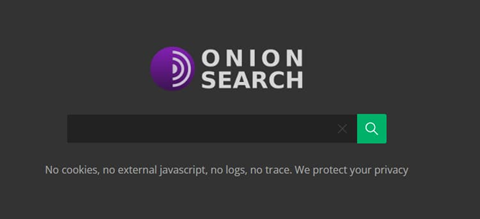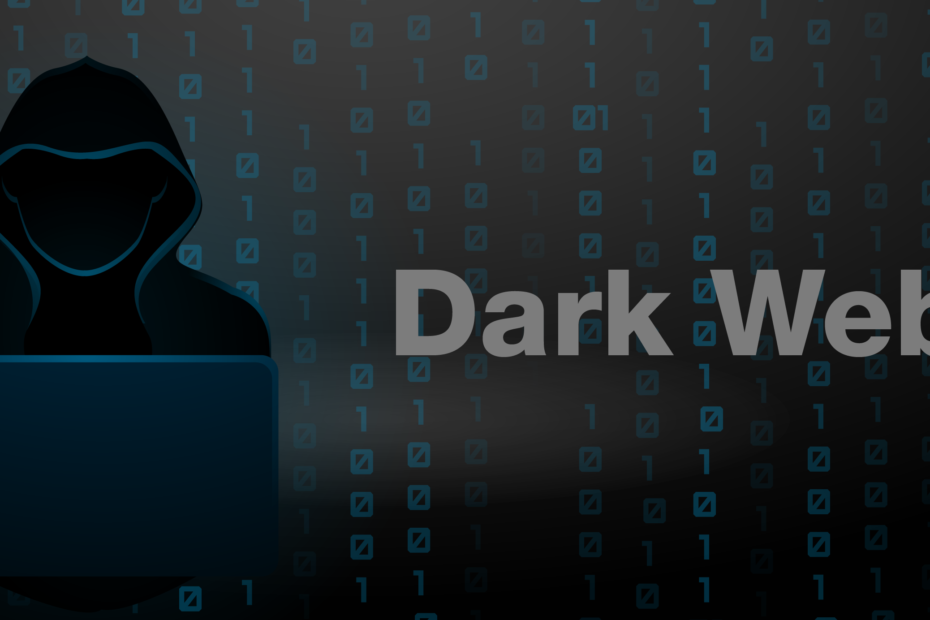Dark Web Search:
The dark web (or dark net as it’s sometimes known) is so called because not only is its content not indexed by normal search engines, it’s also encrypted, and that makes it even more inaccessible. It’s a part of the deep web that isn’t accessed through normal browsing behavior. Deep web material is not necessarily illegal; it’s just kept private in subscription-based online databases. Dark web search involves using specialized tools, services, or browsers like Tor to explore and search for specific information within the dark web. Unlike the surface web, which is indexed and accessible through popular search engines, the dark web operates on overlay networks that provide anonymity to users and protect their identities. Dark web search tools enable individuals to navigate the dark web and access hidden websites that are not indexed by traditional search engines.

The dark web contains a myriad of websites, forums, marketplaces, and communication channels where illicit activities, illegal goods, hacking services, and other malicious content can be found. Researchers, journalists, law enforcement agencies, and cybersecurity professionals often leverage dark web search to gather intelligence, conduct investigations, and track down criminal activities. By delving into the dark web, they can uncover information that may not be readily available through conventional means.
The dark web trades on its inherent extra secrecy, and this has made it popular amongst political dissidents, and indeed with anyone who wants to keep their personal business private. Naturally, this has led to its adoption by criminal elements, and this unfortunate trend has stoked its reputation as a marketplace for drugs, stolen data, and so on.
Dark web search can be used for various purposes:
Research: Researchers and journalists may use dark web search to gain insights into underground communities, monitor extremist groups, investigate cybercrime networks, or understand emerging threats. It allows them to access first-hand information and analyze trends within hidden corners of the internet.
Law Enforcement: Law enforcement agencies employ dark web search to gather intelligence on criminal activities, track down illegal goods or services, identify potential threats, and apprehend individuals involved in cybercrime, human trafficking, drug trafficking, or other illicit operations. Dark web search plays a crucial role in undercover investigations and intelligence gathering.
Cybersecurity: Dark web search is valuable for cybersecurity professionals who aim to stay ahead of potential threats. By monitoring the dark web, they can identify discussions related to planned cyber attacks, leaked vulnerabilities, zero-day exploits, or compromised credentials. This information enables organizations to proactively fortify their defenses and mitigate risks before they can be exploited.
Dark Web Monitoring:
Dark web monitoring is the process of searching for, and tracking, your organization’s information on the dark web. Dark web monitoring tools are similar to a search engine (like Google) for the dark web. These tools help to find leaked or stolen information such as compromised passwords, breached credentials, intellectual property and other sensitive data that is being shared and sold among malicious actors operating on the dark web.
Dark web monitoring tools offer improved detection against threats on the dark web versus identity theft monitoring tools or antimalware and antivirus programs. Identity theft monitoring tools are designed to protect individuals rather than businesses. Antimalware and antivirus programs aim to prevent malicious code from running from the start, but they do not help after the fact. Dark web monitoring tools help businesses and individuals alike by searching for any confidential information on the dark web, including login credentials, trade secrets and proprietary information.

How Does Dark Web Monitoring Work?
Dark web monitoring continuously searches the dark web and pulls in raw intelligence in near real time. Millions of sites are monitored for specific information (e.g., corporate email addresses), or general information (e.g., the company name and industry).
When a threat is discovered, users can create a customized alert that notifies team members and anyone else in the organization who is relevant to the threat, such as marketing, legal, human resources or fraud teams.
What Can You Find on the Dark Web?
On the dark web, you can expect to find any and all of the following (sensitivity trigger, better scroll down if you don’t want to be appalled):
Marketplace for various drugs, from mild recreational and borderline legal ones (like weed) to the hard stuff;
Marketplace for various fire weapons and ammunitions, obviously unregistered;
Software needed for deeper browsing (like Onion Browser) and listing directories (lists of other deep web / dark web websites and their links, so you can access them);
A few rare books, scanned (yay for scholars everywhere, right?);
Lots of blueprints for 3D printing stuff, from legal things to illegal things;
Some building plans boasting to offer undetected access (via secret tunnels) to important buildings;
Wikileaks documents;
A so-called Hidden wiki portal, claiming to be ‘The Original Wikipedia’ plus its mirrors;
Files claiming to contain nude photos of various celebrities (all behind a Bitcoin wall and probably fake, of course);
Websites with videos depicting abuse towards children, animals, war prisoners etc
The benefits of dark web monitoring include:
Early Threat Detection: Dark web monitoring acts as an early warning system, enabling organizations to detect potential threats before they materialize. By monitoring underground communities and marketplaces, organizations can identify discussions or activities related to planned attacks, data breaches, or the sale of stolen information. This early detection allows for proactive measures to be taken to prevent or mitigate potential risks.
Incident Response: Dark web monitoring plays a crucial role in incident response. When sensitive information, compromised credentials, or leaked data are discovered on the dark web, organizations can initiate their incident response procedures promptly. This includes notifying affected parties, strengthening security measures, and implementing necessary controls to mitigate the impact of a breach.
Reputation Protection: Dark web monitoring helps organizations protect their reputation by swiftly identifying and addressing data breaches or unauthorized disclosures of information. By taking proactive action, organizations demonstrate their commitment to cybersecurity and show customers and stakeholders that they prioritize the protection of their data and privacy.
Intelligence Gathering: Dark web monitoring provides valuable intelligence to cybersecurity professionals and law enforcement agencies. By monitoring criminal forums, underground marketplaces, and communication channels, analysts can gain insights into emerging threats, tactics,
techniques, and tools employed by cybercriminals. This intelligence enhances threat intelligence capabilities, strengthens security measures, and supports the development of effective countermeasures.
In Conclusion, dark web search and dark web monitoring are essential components of proactive cybersecurity. Dark web search allows researchers, journalists, and investigators to access hidden information, while dark web monitoring enables organizations to detect potential threats, respond to incidents, protect their reputation, and gather valuable intelligence. By actively monitoring the dark web, individuals and organizations can stay one step ahead of cybercriminals and mitigate risks arising from the hidden corners of the internet.
Reference:
What is Dark Web Monitoring? [Beginner’s Guide] – CrowdStrike
For further clarifications or support, please write to contact@paradigmitcyber.com

